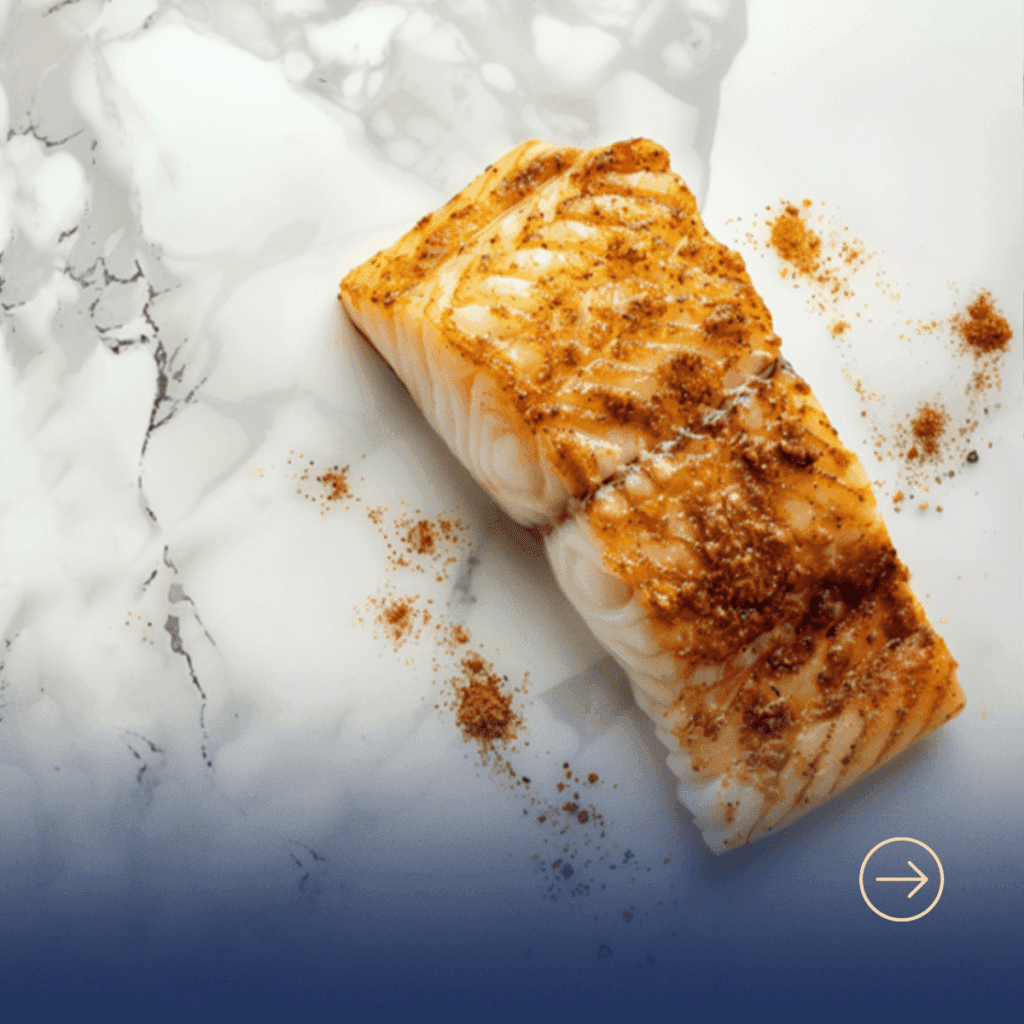Cysteine is a semi-essential amino acid known to play a key role in many health-promoting processes in the human body. It is an essential component of glutathione, one of the most powerful antioxidants that protects the body from damaging free radicals. Cysteine also supports immune system functions, promotes skin, hair and nail health, and is crucial in detoxification. This primer provides an overview of the importance of cysteine and its diverse roles in biological systems.
What is cysteine?
Cysteine is a sulfur-containing semi-essential amino acid that the body can synthesize under normal circumstances from the essential amino acid methionine. Due to its unique chemical structure and the presence of sulfur, cysteine plays an important role in the structure and function of proteins and enzymes.
synthesis in the body
Cysteine is synthesized in the body through a complex metabolic pathway involving methionine and serine and dependent on various vitamins and minerals. The conversion of methionine to cysteine involves several steps that ultimately lead to the formation of cysteine, which is then available for various biochemical functions.
Important functions
- Glutathione synthesis: Cysteine is a key component of glutathione, a vital antioxidant found in all human cells. Glutathione protects cells from oxidative stress and free radical damage.
- Protein structure: Cysteine affects the tertiary structure of proteins by forming disulfide bonds, which are critical for proper protein folding and function.
- Detoxification: Cysteine has a detoxifying effect in the body by binding heavy metals and contributing to their excretion via the liver and kidneys.
These diverse functions make cysteine a crucial amino acid for health and well-being, particularly in terms of antioxidant defense and detoxification.
The Role of Cysteine in the Body
Cysteine contributes significantly to a number of vital body functions that go beyond its role in glutathione synthesis:
Antioxidant Defense
Cysteine is a central component of glutathione, the most important intracellular antioxidant that protects the body from cellular damage caused by oxidation and free radicals. This antioxidant capacity is particularly important in organs exposed to high oxidative stress, such as the liver and kidneys.
promoting skin health
Through its role in collagen synthesis, cysteine helps maintain and improve skin elasticity and texture. The disulfide bonds formed by cysteine in collagen molecules are critical for tissue strength and repair.
detoxification processes
Cysteine supports the liver in detoxifying harmful substances and heavy metals. Its sulfur-containing side chain binds and neutralizes toxins and heavy metals, making it easier for them to be eliminated from the body.
Immune function
Cysteine plays a role in strengthening the immune system by supporting the proliferation of lymphocytes and the activation of neutrophils, which improves the body’s defenses against pathogenic microorganisms. These versatile functions underscore the importance of cysteine not only as a building block for proteins and antioxidants, but also as an essential nutrient for maintaining health and preventing disease.
Cysteine in the diet
The intake of cysteine through food is crucial to supplement the body’s own production and support health, especially during increased needs or in stressful situations.
Supporting the body’s own production
Although the body can synthesize cysteine, direct intake through food or supplements can be beneficial, especially during times of illness, stress, or increased toxic load. Adequate supply supports the body’s antioxidant capacity and promotes effective detoxification processes.
When does a supplement make sense?
- Increased oxidative stress: Individuals who smoke, consume alcohol frequently, or live in highly polluted environments may benefit from additional cysteine.
- Skin health and recovery: Cysteine may help speed up the healing of skin and tissues after injury or surgery.
- Immune function support: Additional cysteine intake may boost the immune system during cold and flu season.
Food Sources of Cysteine
Cysteine is found in high concentrations in:
- Animal proteins: Meat, poultry and eggs are excellent sources of cysteine.
- Plant sources: Although present in smaller amounts, soybeans, lentils and other legumes also contain cysteine.
Dietary supplements, particularly in the form of N-acetylcysteine (NAC), provide an effective method to increase cysteine intake and are particularly useful for supporting antioxidant defense and detoxification.
Conclusion
Cysteine, as a semi-essential amino acid, plays a fundamental role in a variety of biological processes essential to maintaining health and well-being. Its functions range from promoting antioxidant defenses to supporting detoxification processes to improving immune responses and promoting skin and tissue health. Intake of cysteine through a balanced diet, supplemented with targeted supplements such as N-acetylcysteine, can help meet the body’s needs and maximize the health benefits of this important amino acid.
This is especially important for people who live or work in conditions that tax their antioxidant systems or who are exposed to increased levels of toxins. Consciously incorporating cysteine into the daily diet not only supports the biological functions in which cysteine plays a role, but also contributes to overall health and disease prevention.
It is important to understand the role of each amino acid in the body and not to underestimate its importance in promoting and maintaining optimal health.


